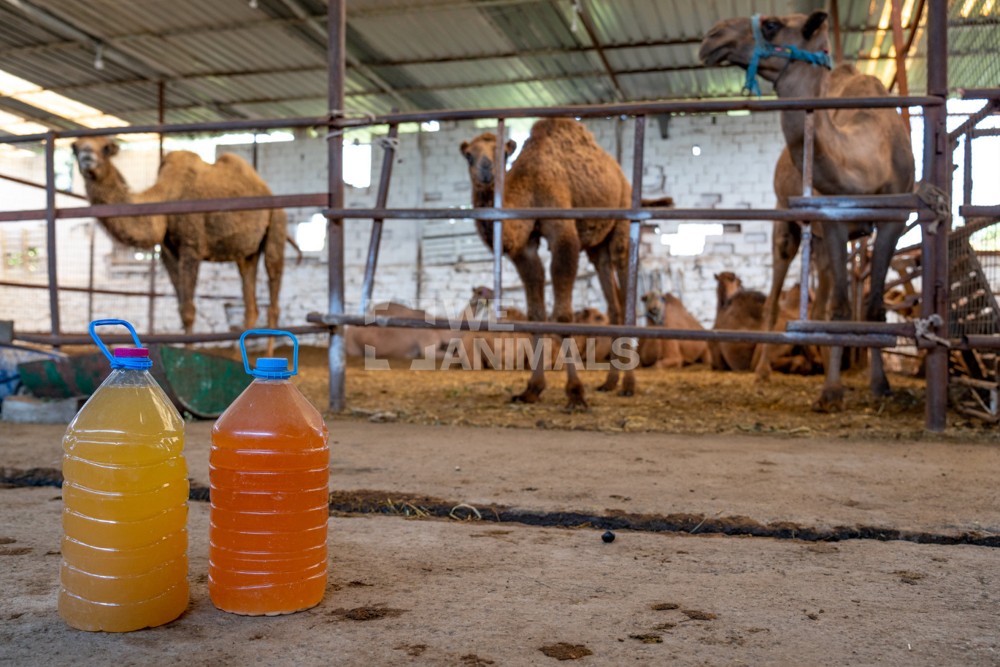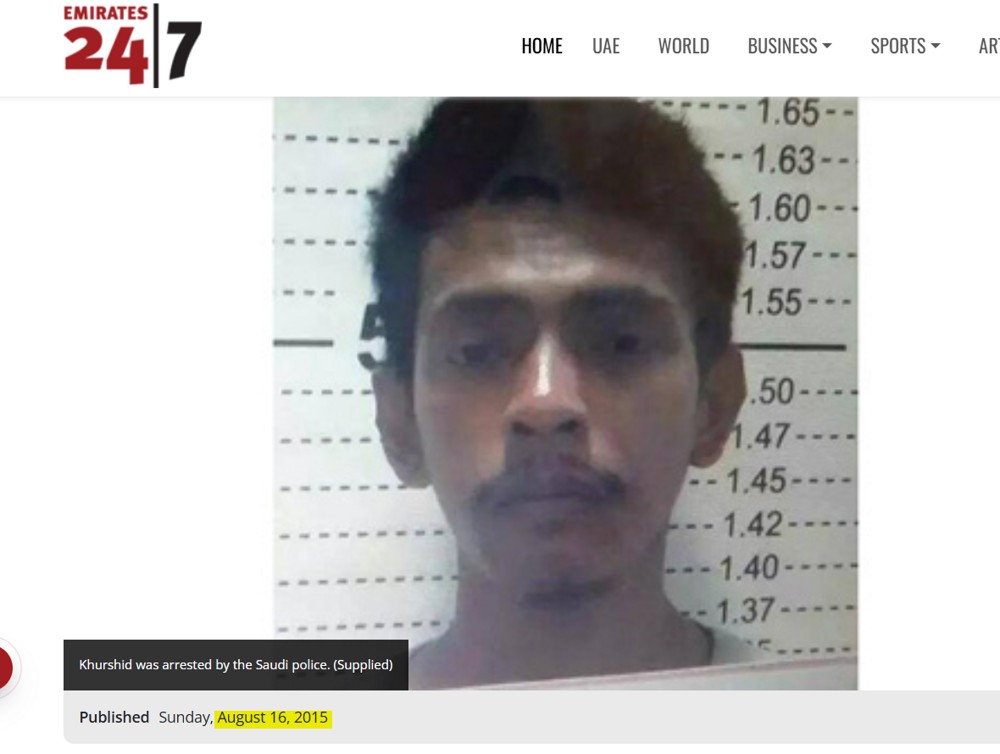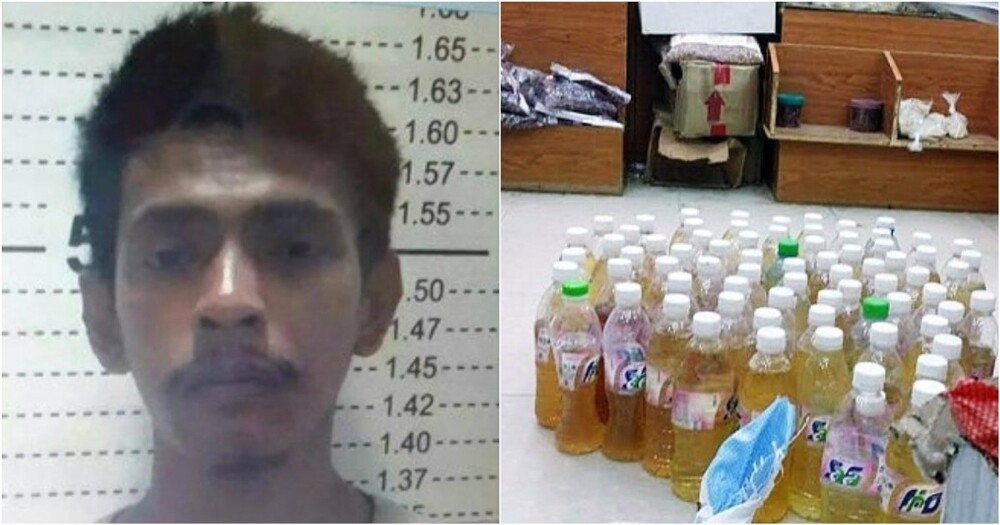The Urine Scam That Shook Saudi Markets: A 21-Year-Old Pakistani Sold His Own Urine as Camel Urine, Claiming Healing Powers
An astonishing fraud shocked Saudi markets. In August 2015, Hurshid, a 21-year-old Pakistani from Jeddah, drew the attention of authorities for fraud. For about two years, he sold bottles of his own urine, passing them off as camel urine—an alleged remedy for diabetes and cancer in some Muslim communities, based on hadith. The bottles circulated locally and beyond, priced at roughly 500 riyals per liter. The deception began to unravel when a buyer complained of a strange taste, not the expected earthy aroma. Laboratory analysis confirmed the contents were human urine, with no camel DNA.

How the Scam Worked and Why It Spread
For around two years, he marketed bottles of his own urine as camel urine, a popular belief in some Muslim communities that it could cure illnesses. The product spread through local markets and even beyond Saudi borders, priced at about 500 riyals per liter. The scheme fell apart when a buyer complained about the taste. Tests confirmed the content was human urine, not camel urine. Police raided his warehouse and found dozens of bottles. The total turnover exceeded 50,000 riyals (about 1.1 million rubles).

Caught, Prosecuted, and Cautioned
The entrepreneur admitted guilt, saying he saved on raw materials by using his own urine. Saudi courts sentenced him to one year in prison and a fine. Local media dubbed the case the 'urine scandal.' Experts warn that even genuine camel urine can be risky because of pathogens such as MERS-CoV, and fakes can carry additional infections.


